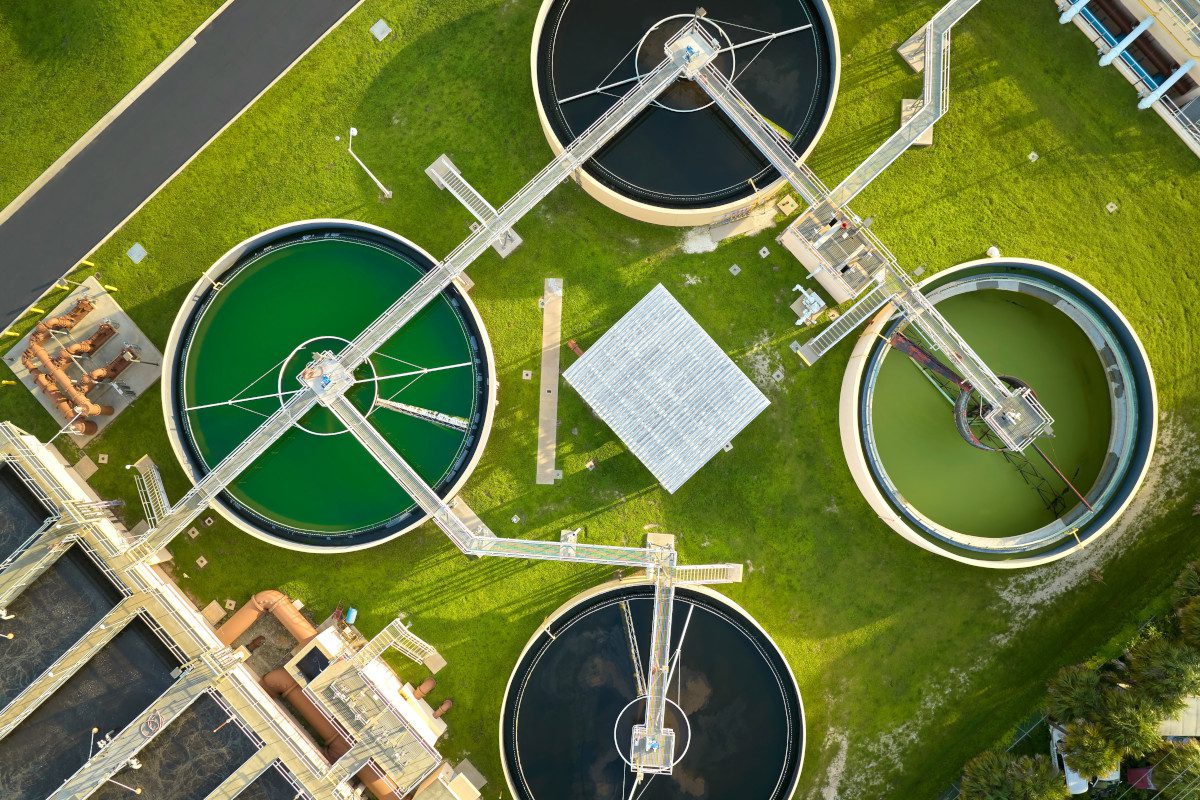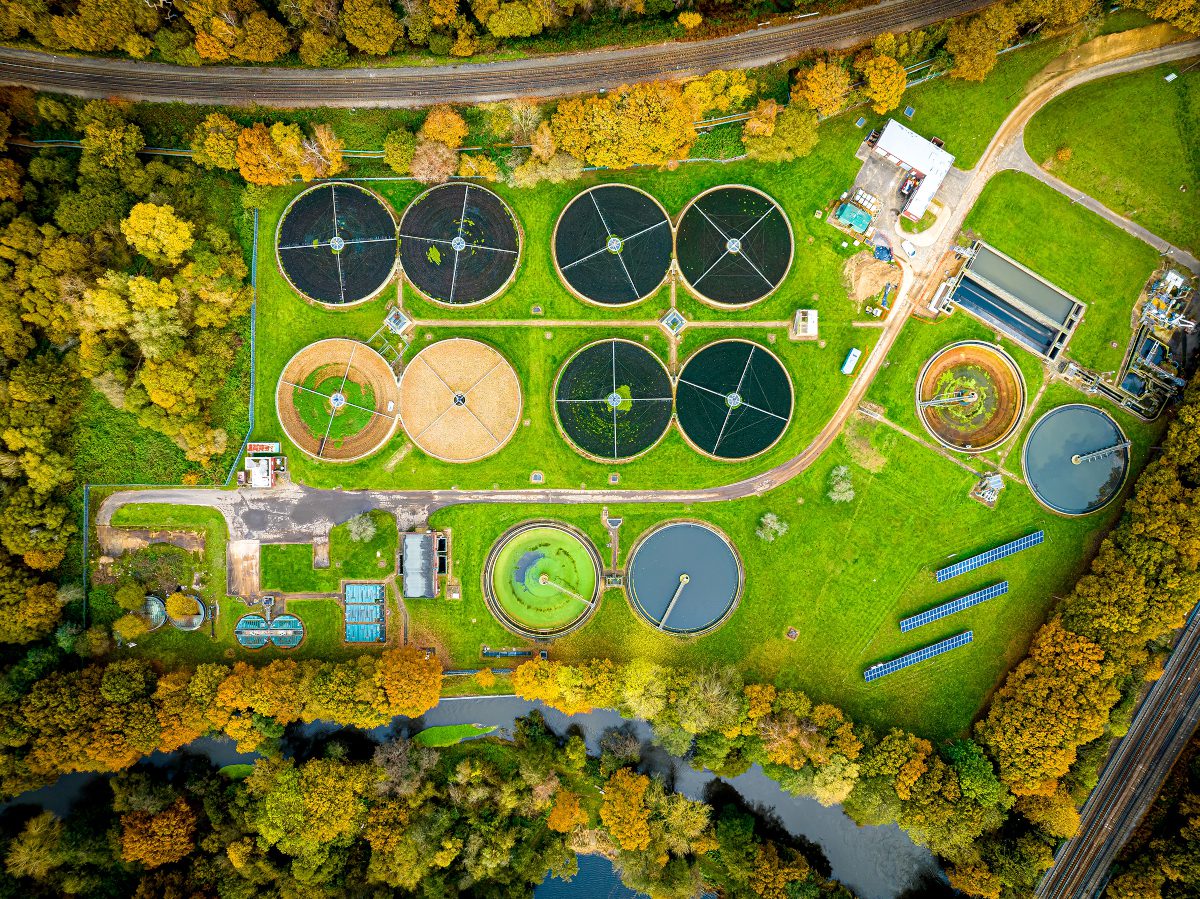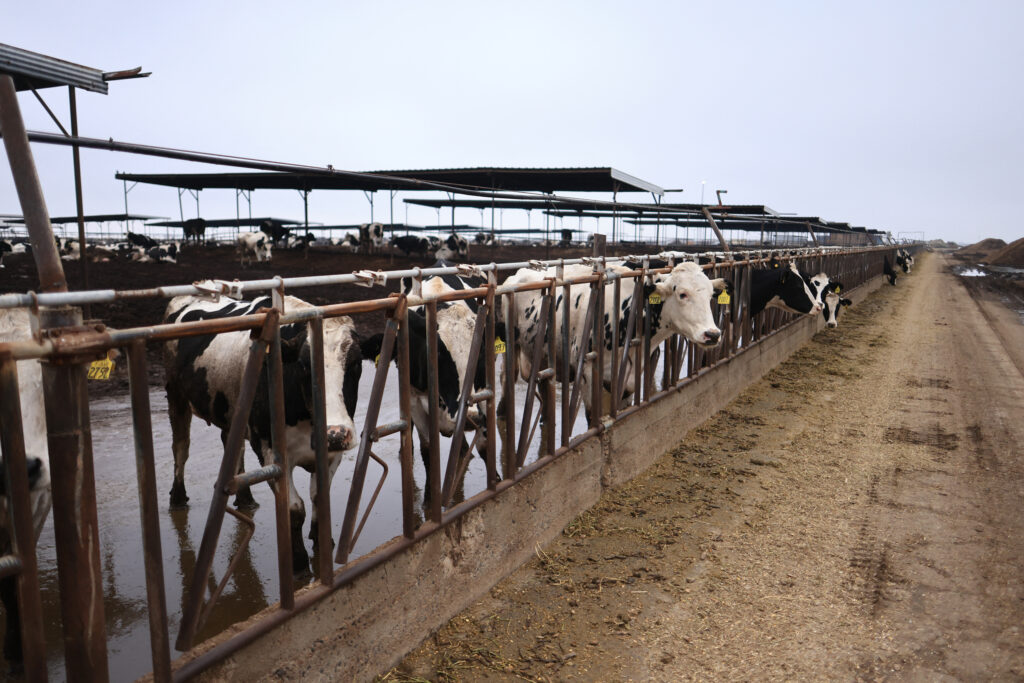As the textile and laundry industries come under increased scrutiny to better manage PFAS contamination, specialist PPE workwear and laundry firm phs Besafe is calling for more commercial laundries to ban retreating garments with PFAS.
PFAS (Poly and perfluoroalkyl substances), popularly known as ‘forever chemicals’, are a group of man-made chemicals with a propensity to persist and accumulate in the environment and in our bodies, causing serious health conditions and damage to the planet.
Although PFAS are still used in everything from frying pans to beauty products, textiles account for around 35% of the total demand for PFAS, according to the European Environment Agency.
PFAS chemicals are low-cost and offer excellent stain and water repellent properties, making them popular choices for PPE and specialist workwear garments.
The European Environment Agency estimates that up to 143,000 tonnes of PFAS is used by the textile industry in the EU alone. It is often manufactured into the fabric of garments and added to finished items as an impregnation, finish or membrane to repel stains, water and even chemicals
phs Besafe, one of the UK’s leading PPE and workwear providers and commercial laundries, has already made the commitment to ban or restrict PFAS from its services wherever alternatives are available.
They have a long-term partnership with industry-leading manufacturer Tranemo Advanced Workwear to ensure they can supply customers with the highest quality, PFAS-free workwear garments wherever a PFAS-free alternative is available.
The team has also been working with Ecolab, a global sustainability leader that offers environmental solutions to businesses, to ensure phs Besafe has PFAS-free laundry treatments for all the specialist workwear it washes at its commercial laundries.
“Customers need to think about how their garments are being laundered, as well as what their garments are made of,” said Rob Piazza from phs Besafe.
“Garments with stain, water or chemical repellent finishes need to be retreated during the laundry process in order to maintain those vital properties. They are often retreated with PFAS because they are cheap and easy to come by but it’s just adding to our contamination problem.
“There are ways to retreat these garments without using PFAS. We know because we will only use PFAS-free retreatments in our laundries to reduce garment and water contamination. There is a lot of innovation happening around PFAS-free alternatives and we stay at the forefront of those because we understand the damage PFAS are doing – and it’s only getting worse.
“The UK needs to change its current attitude to textiles. They want them fast and cheap, and quality and sustainability are further down the list. We need a culture shift, where value is placed on doing the right thing and health, safety and well-being are the drivers of the market.
“End users must look at the whole supply chain and find out how garments are being made and retreated and then ask whether that kind of manufacturing and treatment is acceptable.”
PFAS chemicals are proven to accumulate in the environment, water systems and inside our bodies.
In February 2025, France banned PFAS in clothing and a ban on all textiles is already set for 2030. The European Environment Agency says that The European Chemicals Agency is considering a universal restriction on all PFAS including in textiles to mitigate the environmental and health risks. PFAS are not currently subject to many UK restrictions.
















